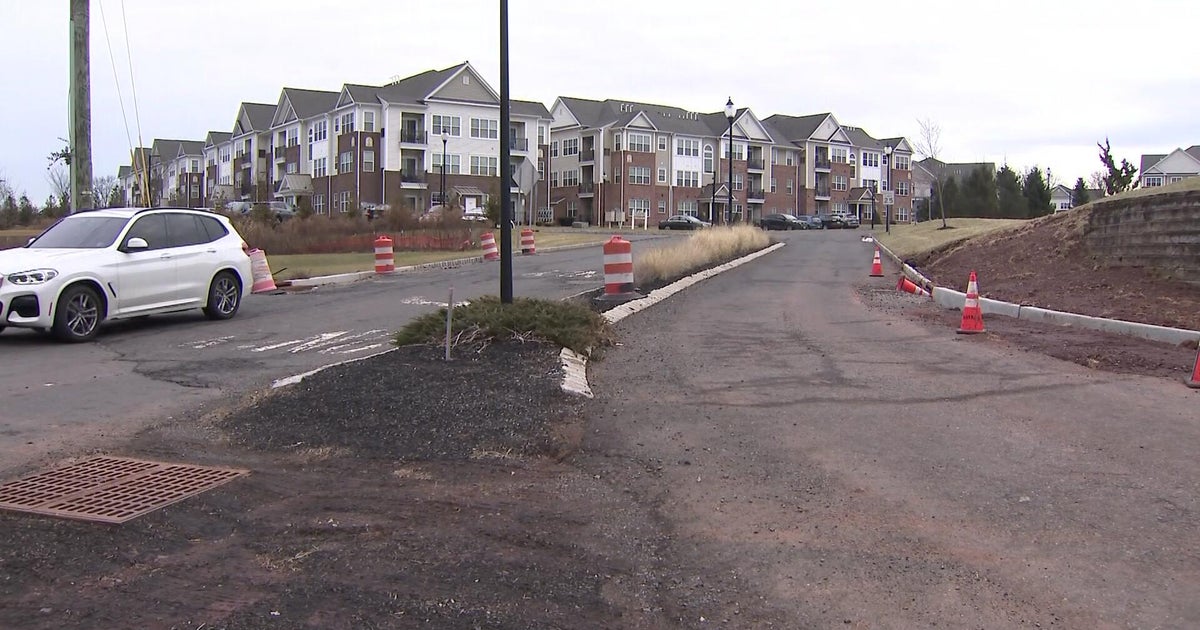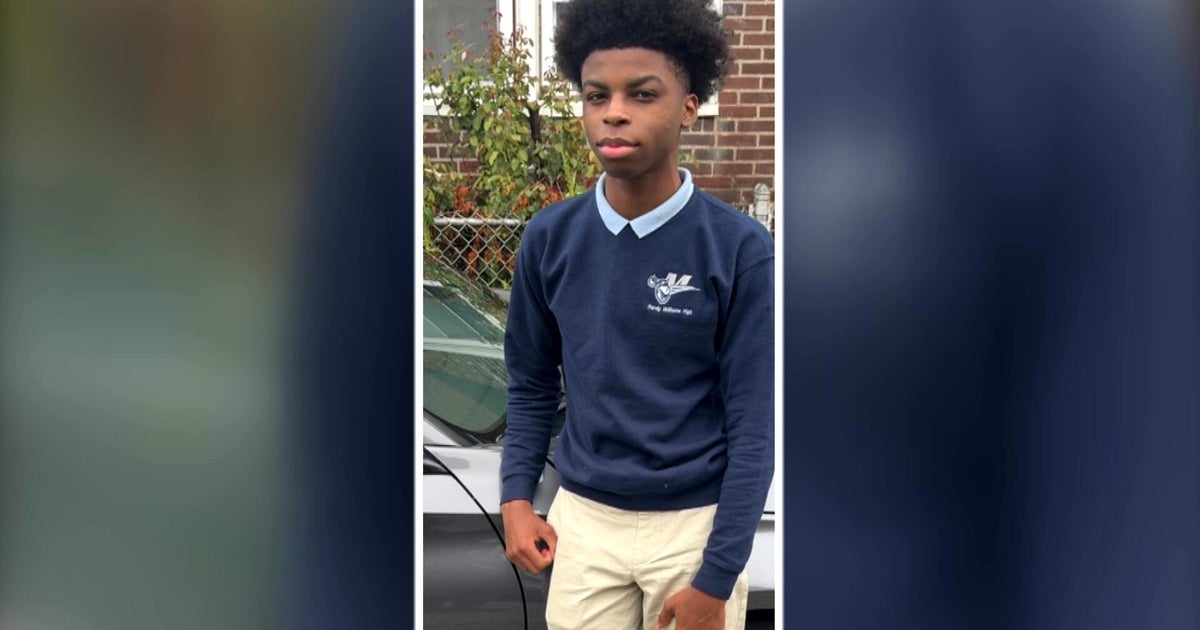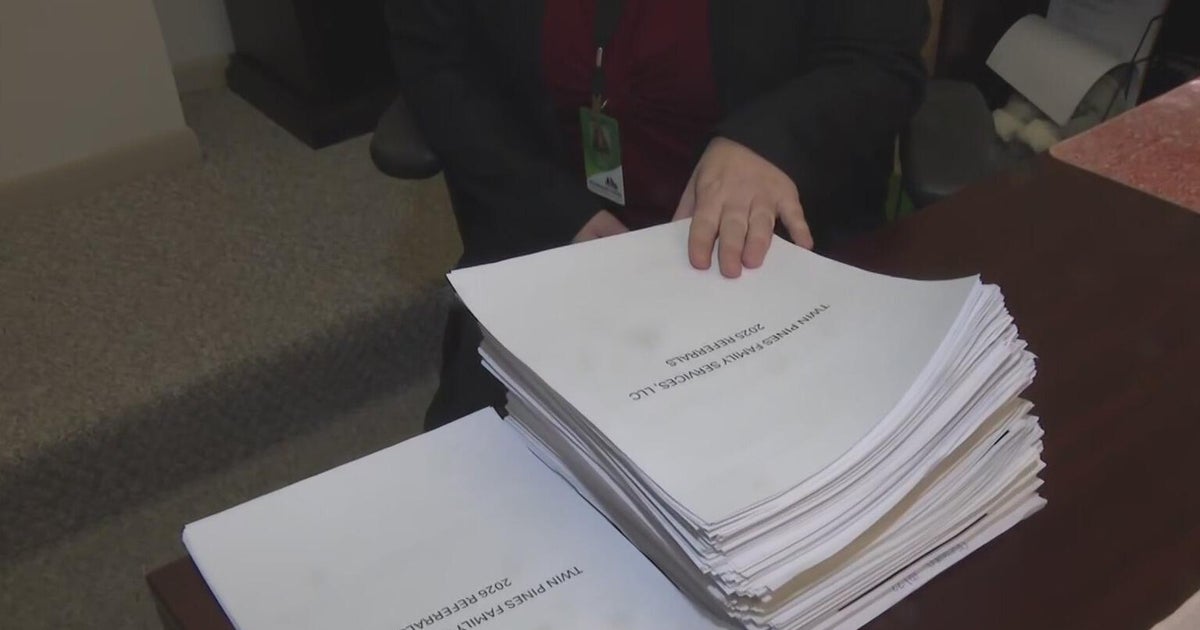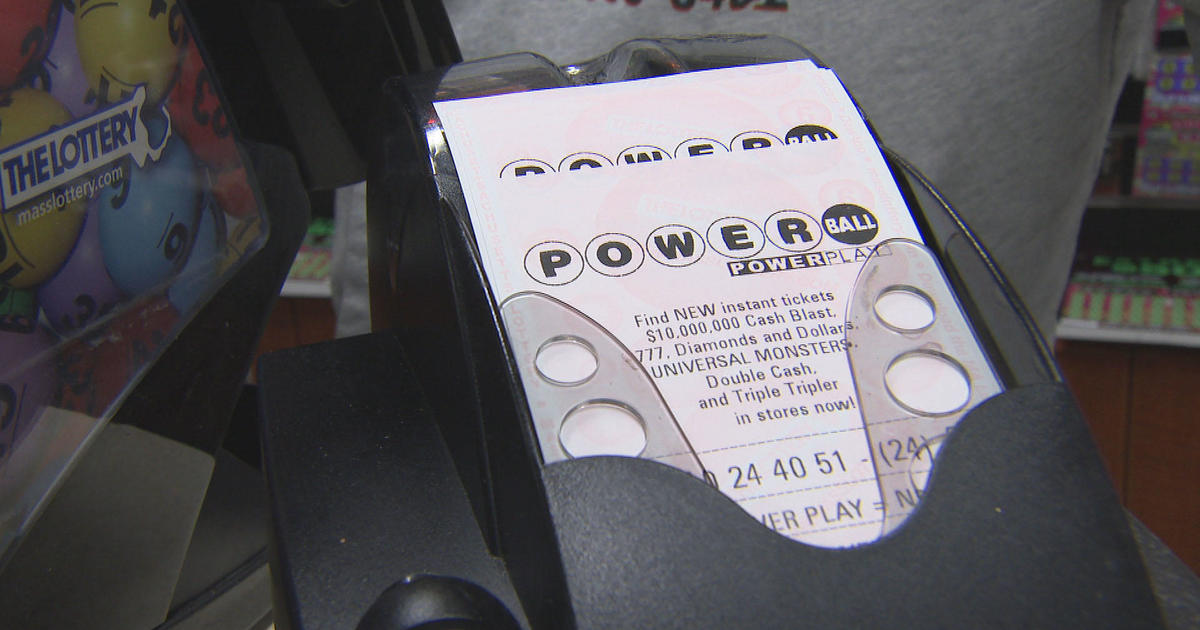Staggering Picasso Trove Turns Up In France
PARIS (AP) -- A retired French electrician and his wife have come forward with 271 undocumented, never-before-seen works by Pablo Picasso estimated to be worth at least 60 million euros ($79.35 million), an administrator of the artist's estate said Monday.
The electrician, who once worked for Picasso, and his wife for years squirreled away the staggering trove -- which is believed to be authentic -- inside a trunk in the garage of their home on the French Riviera.
PHOTO GALLERY: Never-Before-Seen Picasso
The cache, dating from the artist's most creative period from 1900 to 1932, includes lithographs, portraits, watercolors, and sketches -- plus nine Cubist collages said to be worth 40 million euros alone, according to French daily Liberation, which first reported Monday on the discovery.
Pierre Le Guennec, a 71-year-old former electrician, and his wife showed many of the works to Picasso's son Claude and other estate administrators in Paris in September, seeking to have the works authenticated, Picasso Administration lawyer Jean-Jacques Neuer.
Shortly after that meeting, Neuer filed suit on behalf of Picasso's heirs for alleged illegal receipt of the works. Police investigators are looking into how Le Guennec and his wife, Danielle, came by the pictures.
"This was a gift,'' Danielle Le Guennec told The Associated Press by phone from their home in the town of Mouans-Sartoux, near the tourist Riviera hotspot of Antibes. "We aren't thieves. We didn't do anything wrong.''
She said the couple decided to come forward with the works this year because they were getting on in years, and "didn't want to leave any headaches to our children'' with their own estate. Her husband had undergone a cancer treatment operation in March, she said.
The works, which were kept in a trunk, didn't appear to be much to her untrained eye, she said: "But even if this was a little jot of the pencil, it did come from the master.''
"These aren't tableaus like the ones sold in America.''
Claude Picasso, quoted in Liberation, noted that his father was known for his generosity -- but that he always dedicated, dated and signed his gifts, as he knew that some recipients might try to sell the works one day.
"To give away such a large quantity, that's unheard-of. It doesn't hold water,'' Claude Picasso was quoted in Liberation as saying. "This was part of his life.''
Danielle Le Guennec said the couple didn't intend to sell the art.
To some, the emergence of the works by the 20th century's most renowned artist is akin to opening a time capsule, or a discovery on par with the recent publication of Mark Twain's 100-year-dormant autobiography.
"Claude Picasso was astounded. He couldn't believe his eyes,'' said Neuer. "Just about everybody has felt that way ... when you have 271 Picasso works that were never seen, never inventoried -- that's just unprecedented.''
The couple first contacted the Picasso Administration, the Paris-based agency that manages the artist's estate, by mail in January, seeking to have the works certified as authentic, Neuer said.
Le Guennec then sent a series of packages with photos of the works to the administrators, but the images were too poor to judge -- and they didn't turn up in reference books anyway -- so the couple traveled to the administration's office with most of the trove in September.
The administrators, who pored over the works for about three hours, considered that the works might be fakes. But they eventually ruled out that prospect because of the expertise, variety of techniques, and the use of certain numbers in the works that no faker was likely to have known, Liberation said.
Police on Oct. 5 raided the couple's home, questioned them and hauled off the works -- which are now held by France's official agency in charge of battling the illegal traffic of cultural items.
New York's Metropolitan Museum of Art says Picasso produced more than 20,000 works of art during his long career. Hundreds have been listed as missing -- a number so large in part because he was so prolific.
These works are different: they're not known to have existed.
The former electrician claimed to have worked at three of Picasso's properties in southern France -- a villa in Cannes, a chateau in Vauvenarges, and a farmhouse in Mougins _ the town where Picasso died in 1973. The daily said Le Guennec had installed a security alarm system for Picasso there.
"My husband was well-regarded by the master,'' Danielle Le Guennec said, but noted that the couple was having "a little difficulty'' with his son.
"He's put a knife in our back, taken us to court and accused us of theft -- he'll have to prove it,'' she said. "We're still happy to have our works ... we'll see what happens next.''
(Copyright 2010 by The Associated Press. All Rights Reserved.)







